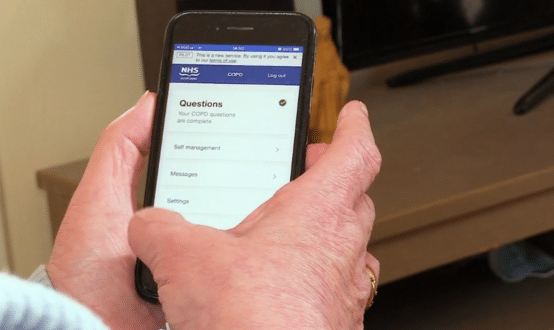Forum presents ‘Case for Information’
- 20 June 2013

The Patient Information Forum has published a report on the benefits of providing information to patients and carers.
The ‘Case for Information’, which looked at more than 300 studies, found that investing more time and money on health information provision and support can improve outcomes, reduce costs and give people a better experience of care.
“Providing access to good quality health information, and the support to use it, is the key to unlocking much sought after and much needed patient and public engagement,” says the report.
It calls for policy makers and commissioners to make sure patient information is an essential part of providing patient care by raising awareness, ensuring staff are aware of incentives and obligations to provide information and commissioning high quality information resources and services.
Jeremy Taylor, chief executive of National Voices, said it was clear that information should be seen as a fundamental part of the health service.
“It says something about prevailing attitudes that the case for information needs to be asserted at all. Patients would tend to see it as self-evident,” he said.
“There is also a growing research evidence base that when informed, confident patients work in genuine partnership with healthcare professionals, the result is better decisions and better care.”
NHS England has also emphasised the need for patient information and is due to launch an ‘integrated customer service platform’ this autumn.
The platform will replace NHS Choices and NHS Direct and will include directories of service, health information, ways to feedback about care experiences and ways to transact with the NHS.
Bob Gann, director of partnerships and strategy at NHS Choices, said the report by the PiF was crucial in underpinning the case for the platform.
“I’ve been strongly recommending the Case for Information as the best collation of evidence for the ICSP business case,” he said.
NICE chair, Professor David Haslam, said that the right patient information was important from an ethical point of view and there was a clinical and financial imperative.
“If patients are not provided with the right information at the right time, we will continue to diminish their experience of healthcare, compromise their safety and wellbeing, and waste increasingly scarce public money,” he said.
“Providing high-quality for information for patients can be every bit as important as providing good medication, and similarly, there can be risks and side-effects to getting it wrong.”
Last year, the PiF was awarded £175,000 by the Department of Health’s Innovation, Excellence and Strategic Development Fund to test and develop innovative approaches to health and wellbeing over three years. Part of that money has been put towards the cost of developing the report.




